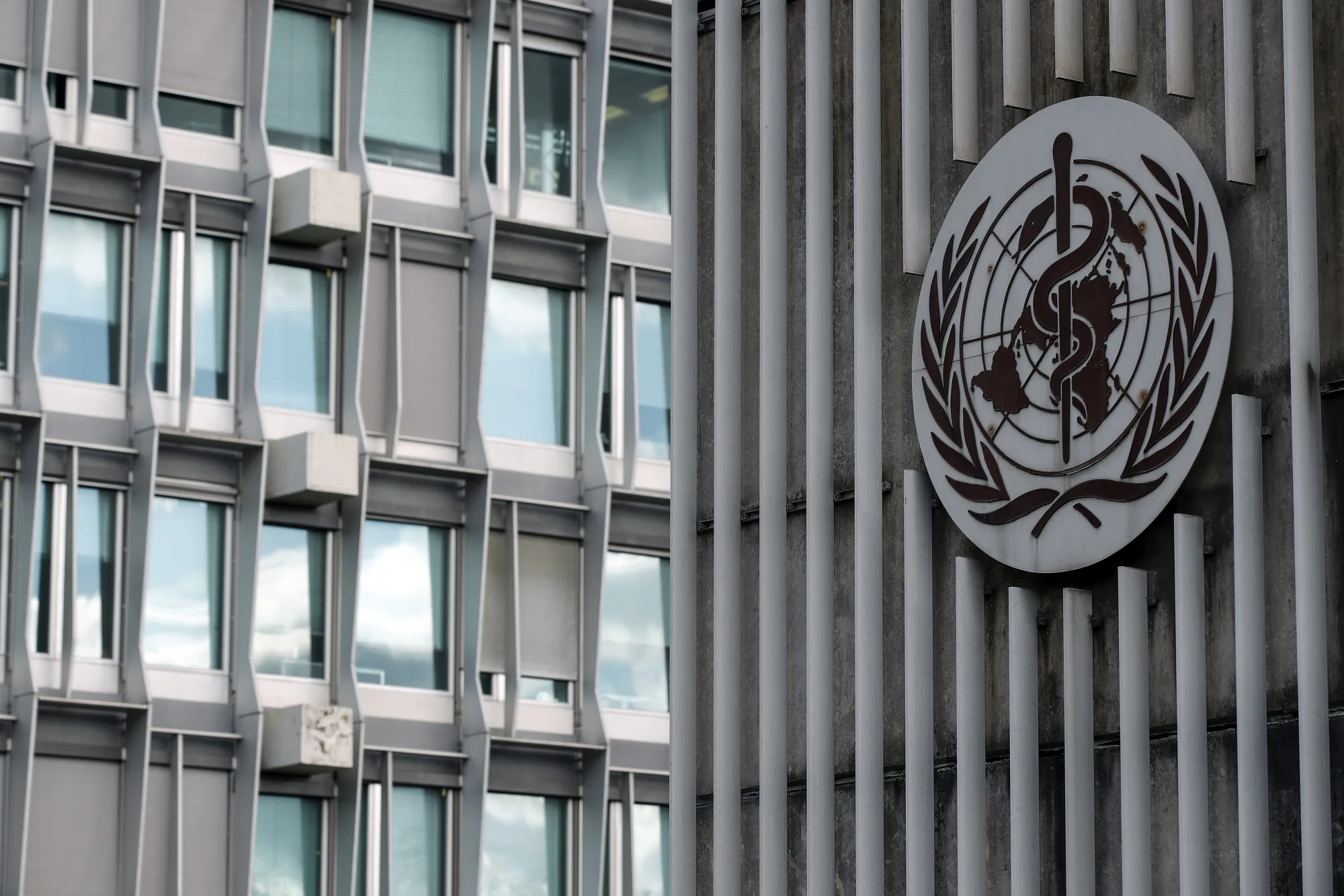In Abuja, Nigeria’s capital, health workers gathered for an urgent meeting, poring over drug registers and testing records to assess the damage caused by recent U.S. aid cuts. The suspension of funding for the TB Local Network (TB LON), which provides essential tuberculosis (TB) screening, diagnosis, and treatment, has cast a shadow over years of progress in one of Africa’s hardest-hit nations.
“For effective TB control, case identification is key—and that process is now in a coma,” said Ibrahim Umoru, coordinator of the African TB Coalition, who attended the meeting. “If we miss cases, the result could be catastrophic.”
This scramble to rescue TB programs is not limited to Nigeria. From South Africa to the Philippines, health officials warn that U.S. funding cuts could undo decades of progress against a disease that still kills roughly one million people annually.
The funding slash, initiated during President Donald Trump’s previous term and reinforced under his renewed “America First” approach, has severely affected global TB efforts. It has paused testing and tracing in Pakistan and Nigeria, disrupted research in South Africa, and cut support for TB survivors in India.
The World Health Organization has warned that these “drastic and abrupt cuts in global health funding” could reverse hard-won progress, threatening the 79 million lives saved globally since 2000 and increasing the risk of drug-resistant TB and further transmission in conflict zones.
TB LON, launched in Nigeria in 2020 with $45 million in funding from USAID, was intended to lead a community-based response to TB. But in February 2025, that support ended. A TB LON official, speaking anonymously, confirmed the termination of the community testing program due to the funding freeze.
The consequences are dire. Nigeria reports 268 TB-related deaths daily, and under-reporting has long been an issue. The WHO estimates that a single untreated case can infect up to 15 others each year. TB LON had screened 20 million people and treated over 100,000 patients between 2020 and 2024. But as of January 2025, many health workers collecting samples have been forced to stop, and over 1,000 contract staff have been laid off.
“Nigeria’s hard-earned progress is now at risk,” said Umoru. The Nigerian health ministry has yet to comment on the implications of the aid cut.
Meanwhile, First Lady Oluremi Tinubu has declared TB a national emergency and pledged 1 billion naira (about $630,000) to fight the disease by 2030.
In South Africa, MSF (Médecins Sans Frontières) reports disruptions in TB and HIV services, impeding patient tracking and testing. Although TB incidence in South Africa fell to 427 per 100,000 people in 2023—a 57% drop since 2015—the threat of reversal looms large. The government has responded by launching an End TB campaign to screen five million people and seek alternative funding.
“We will not allow nearly two decades of work to collapse,” Health Minister Aaron Motsoaledi declared.
South Africa also plays a vital role in global TB and HIV research. According to the Treatment Action Group (TAG), nearly 40 clinical sites and dozens of TB and HIV trials are now at risk.
“Major advances in TB treatment and vaccines over the last 20 years have depended on South African research,” said TAG’s TB co-director Lindsay McKenna.
Experts warn that funding cuts will disproportionately harm vulnerable populations—especially those with HIV and malnutrition—by disrupting nutrition programs, community outreach, and testing services. TB remains the leading cause of death for people living with HIV.
In the Philippines, U.S. funding cuts have also affected four USAID-supported projects, resulting in drug shortages and weakened testing efforts. “Drug stockouts are directly undermining national TB elimination goals,” said Ghazali Babiker of MSF Philippines.
Without urgent international support, health leaders warn that TB could surge again—undoing decades of progress and endangering millions of lives.



